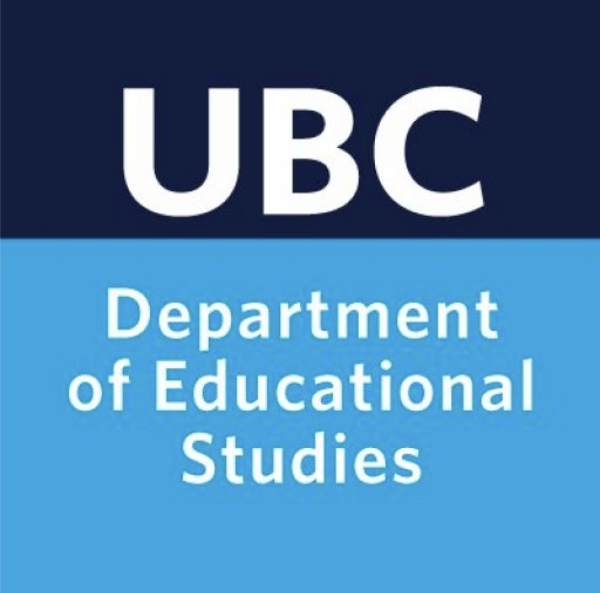Please join us in congratulating Itamar Manoff who successfully defended his PhD Dissertation on January 17 of 2025!
Title:
The Experience of Error in Adult Language Learning
Abstract:
We often think of language learning as a continuous process of learning from our mistakes: producing incorrect, inappropriate, ill-formed utterances, to which experienced and proficient speakers offer We often think of language learning as a continuous process of learning from our mistakes: producing incorrect, inappropriate, ill-formed utterances, to which experienced and proficient speakers offer correction or feedback. However, what mistakes and errors are, how they relate to the knowledge of language, what causes them, and how language learners deal with the mistakes and errors they make are very much points of contention in language education research. This dissertation aims to contribute to the scholarly debates and discussions on the topic by approaching the question of error in language learning from a distinctly educational angle, which highlights the existential and ethical dimensions of committing, and learning from, one’s errors in the context of coming into a new language. Drawing on scholarly discussions in second language acquisition research, educational ethics, pragmatism and phenomenology, I argue that the experience of error is more than the mere realization of epistemic or linguistic failure. Rather, it is a complex process in which the student’s very subjectivity is transformed as she interacts with experienced speakers and knowers in the new linguistic community. Such an experience is twofold, including an intersubjective, discursive and normative dimension, corresponding to the Hegelian notion of Erfahrung, as well as a first-person, subjective and existentially significant aspect for the individual (Erlebnis).
Finally, my dissertation examines possibilities of attending educationally to the ethically and existentially charged experience of error in language learning. First, drawing on Husserl’s notions of epoché and the phenomenological reduction, I suggest an approach that focuses not on the normative conventions of the target language or the sources of error, but rather on redescribing and narrating the first-person experience of error in an educationally productive way, shifting the emphasis from the sense of linguistic ‘failure’ to a view of error as a necessary step in the development of knowledge and learning. Secondly, in discussing the work of Maurice Merleau-Ponty on expression in language and Levinas’s notion of welcoming, respectively, I claim that educators can attend to students’ experience of error as creative forays into the new language that disclose the poetic and aesthetic achievement of the language learner, as well as the ethical backdrop against which such expression occurs. Finally, I engage in a discussion of Claudia Ruitenberg’s reading of Derrida’s ethic of hospitality of education, claiming that error can appear in classroom discourse as a type of unexpected, uninvited “guest”, which can unsettle and disturb, but also expand and enrich, the language and culture of the host.
Chair of Examination Committee:
Dr. Molly Babel (Linguistics)
University Examiners:
Dr. Ryuko Kubota (Language and Literacy Education)
Dr. Barbara Weber (Educational and Counselling Psychology, and Special Education)
External Examiner:
Dr. Clarence Joldersma (Calvin University)
Supervisory Committee:
Dr. Claudia Ruitenberg (Supervisor)
Dr. Sam Rocha (Member)
Dr. Sharon Todd (Maynooth University, Member)


Leave a Reply